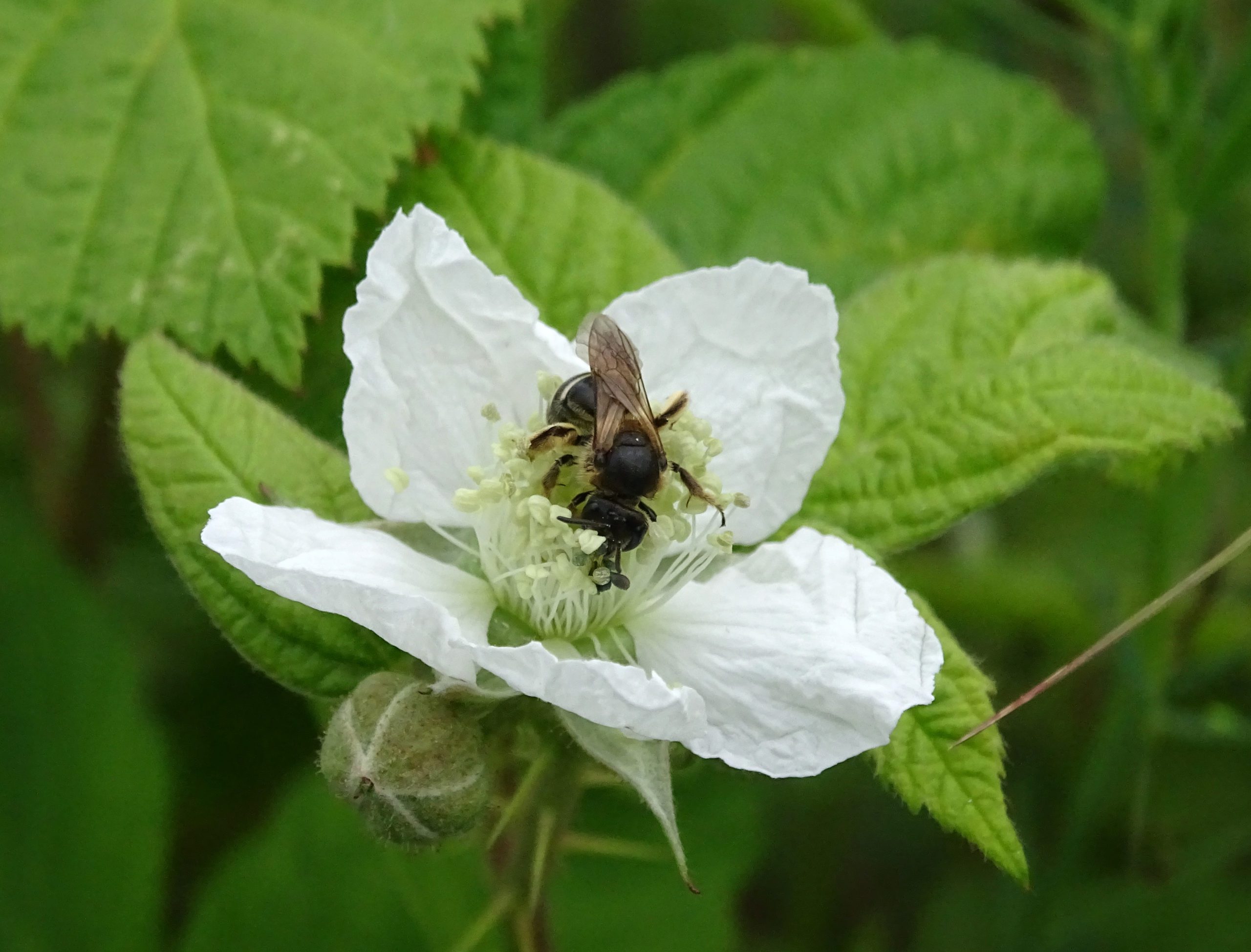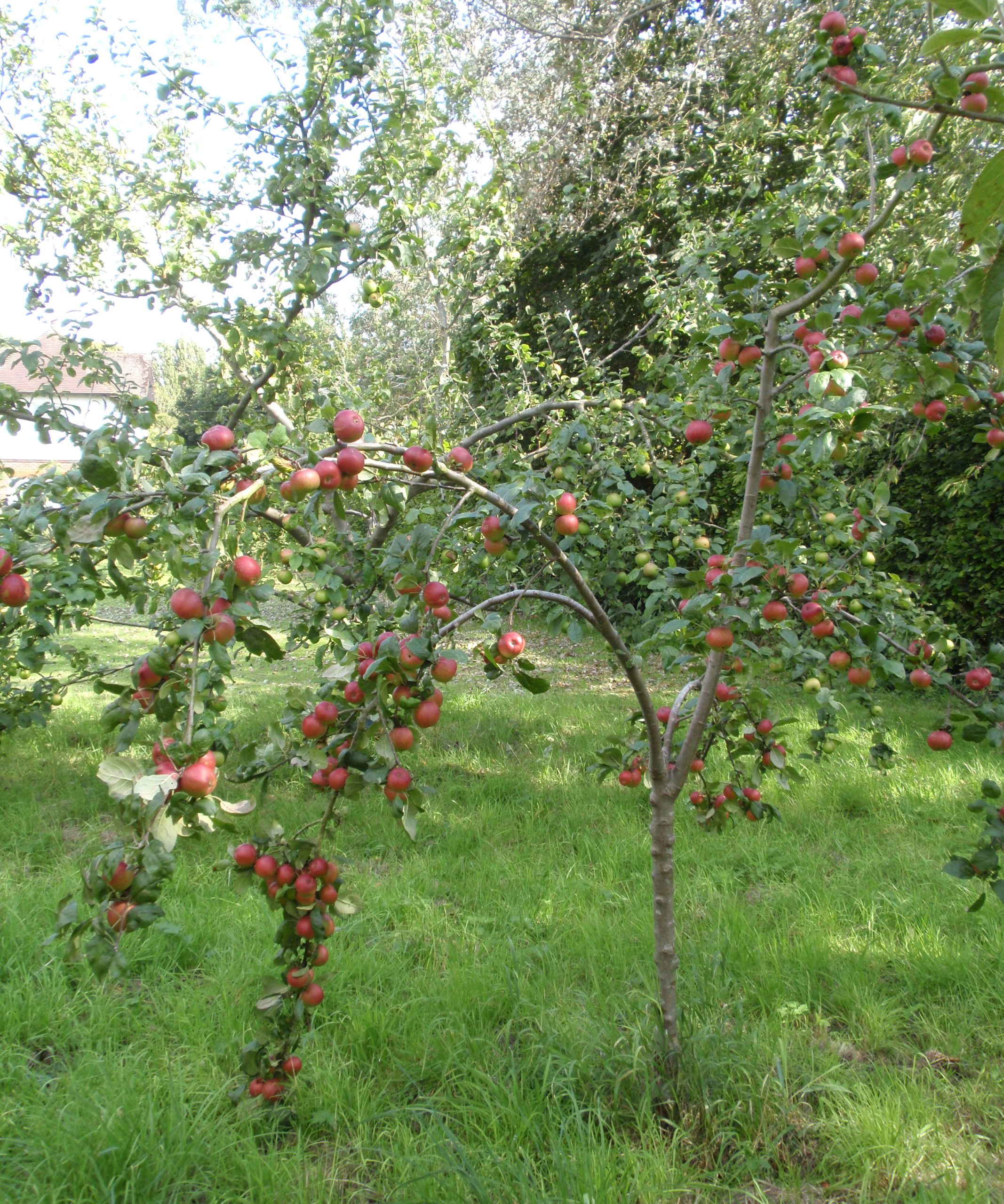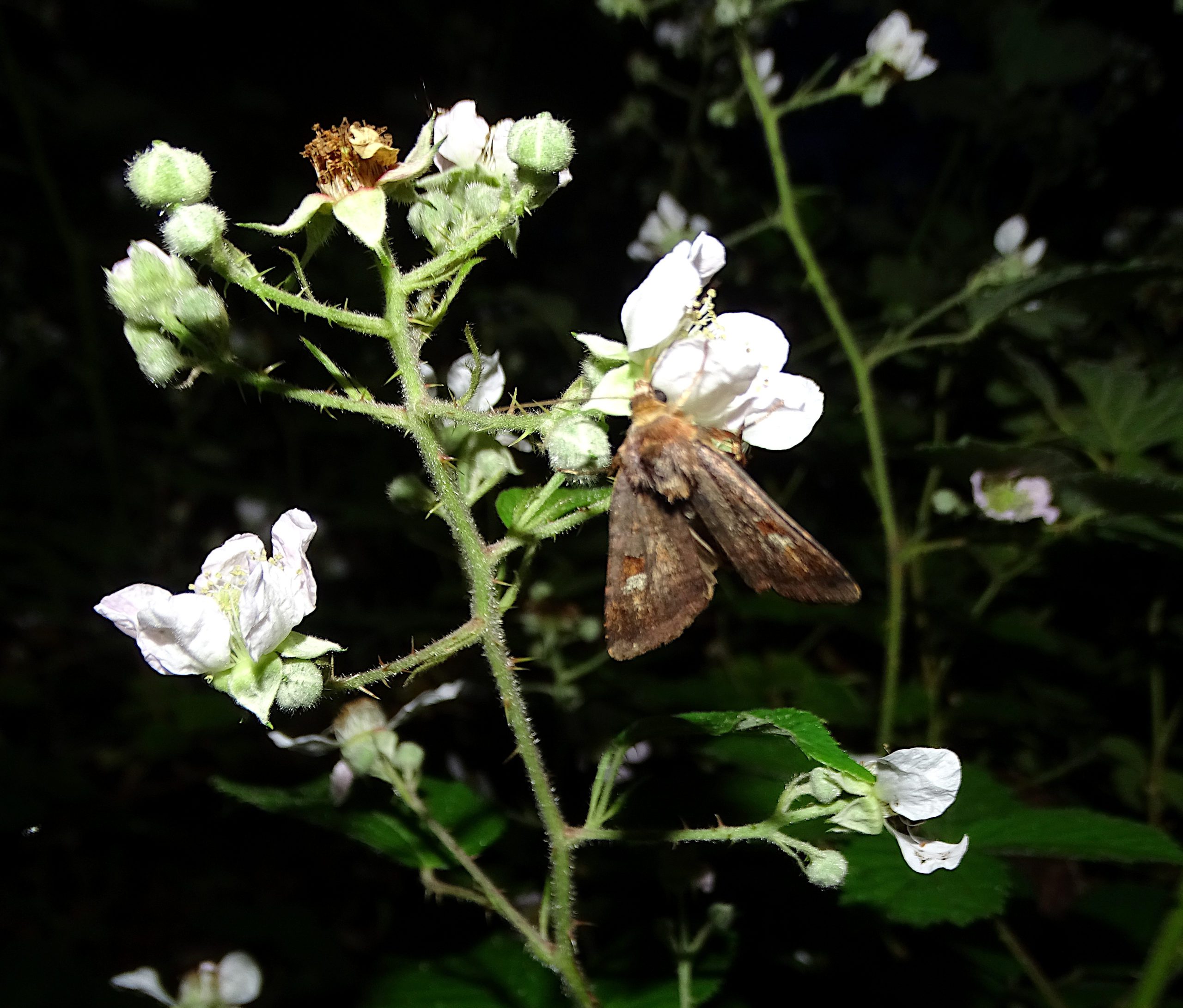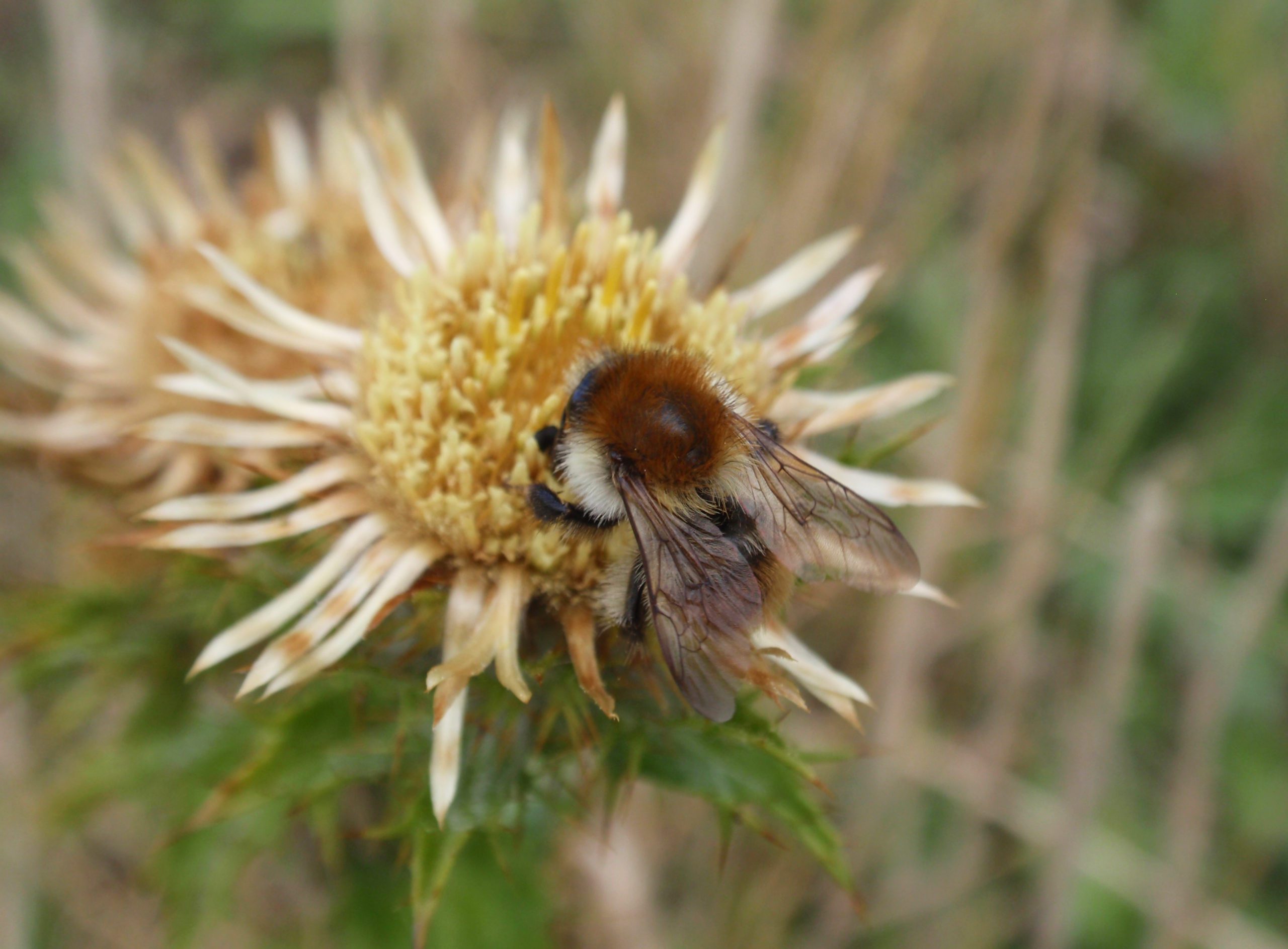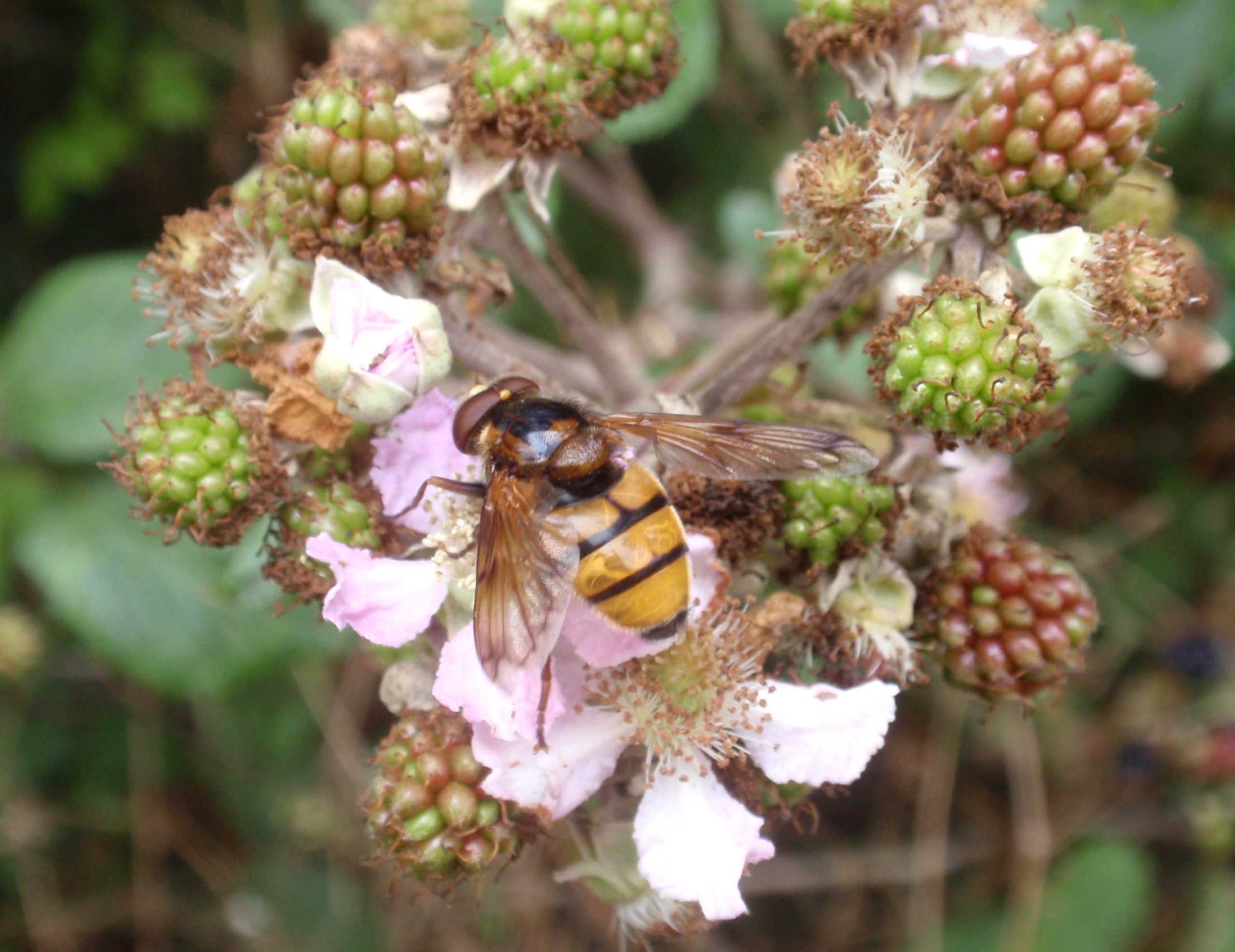Pollinators Provide
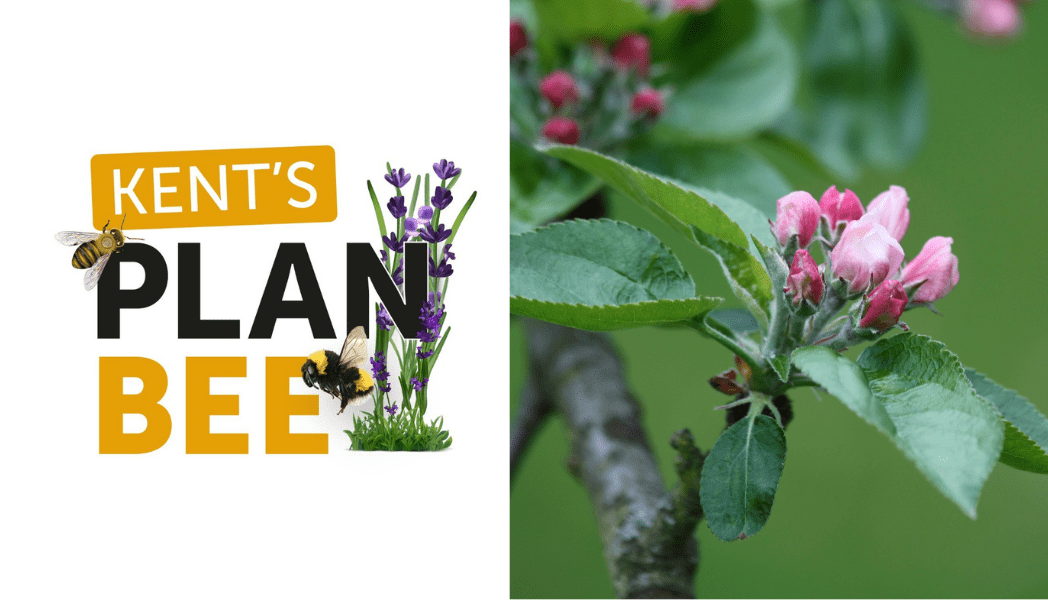
25th February 2021
One in every 3 mouthfuls of food we eat depends on pollinators. Strawberries, coffee, tomatoes, apples, almonds and chocolate. These are just some of the very long list of foods that we wouldn’t have on our plates or in our mugs if it wasn’t for pollinators.
The Value of Pollinators
In the UK alone, the value of insect pollination for agriculture is estimated at £690 million per year! If we no longer had this freely provided service, it’s thought that it would cost £1.8 billion per year to do this by hand (imagine people having to go around with paintbrushes). That doesn’t even include their value for ensuring that all of our other plants are taken care of too.
In Kent, 40% of our agriculture is fruit farms. Most of this industry relies on our busy insect friends for pollination, as well as other crops in the county like oilseed rape and field beans.
Not only do pollinators enable the production of fruits, studies have shown that the healthier the pollinator populations, the better the yields produced and/or the better the quality of the crop. For example, research found that the greater the number of wild bee visits to cherry flowers, the greater the yields and also increasing the bee habitat provided in the area increased the fruit set. Similarly, a study found that the greater the variety of wild bees, the higher the seed set for apples.
Grow Your Own
There is still time to plant fruit bushes and trees this season. Bare-rooted plants provide good value for money and there is a great deal of choice of fruit varieties out there. It’s a good chance to try something new, something that you wouldn’t find on the supermarket shelves. The beautiful blossom will provide fuel for our pollinators, which will be working hard to make sure the plants provide for you too.
It is also a good time of year to try your hand at growing your own vegetables. If you’re new to this, it’s a fun activity to experiment with and get the kids involved in too. You may find that some things work really well (we had good success last year with rainbow chard, mange tout and French beans, plus the bumblebees love the latter two), and others less so (our leeks were a disaster and our cabbages didn’t amount to much, but it was lovely to see the various different types of butterfly and moth caterpillars that were making the most of them!). It was a good experiment during lockdown last year and a nice chance to swap seed with neighbours and share surplus produce. Besides, it was nice to know that we were doing our bit for our pollinating insect friends by providing them with a variety of food, even if it meant that they munched through some of it before we got the chance!
For tips and advice on growing your own fruit and vegetables, further information can be found here: https://www.kentwildlifetrust.org.uk/blog/organicgarden
Popular articles
Walking the Pilgrims Way
Experience the beauty of walking across the Kent Downs NL through the…
Inspiring Pub Walks In Kent
With spring just around the corner, now is the ideal time to…
Walk Leader Volunteer Opportunity
Discover how you can become a walk leader in Medway! Uncover the…

